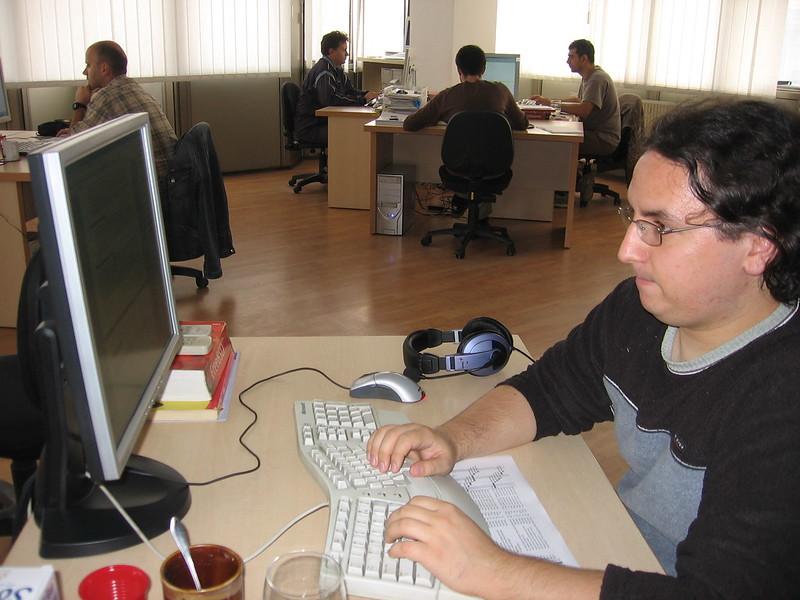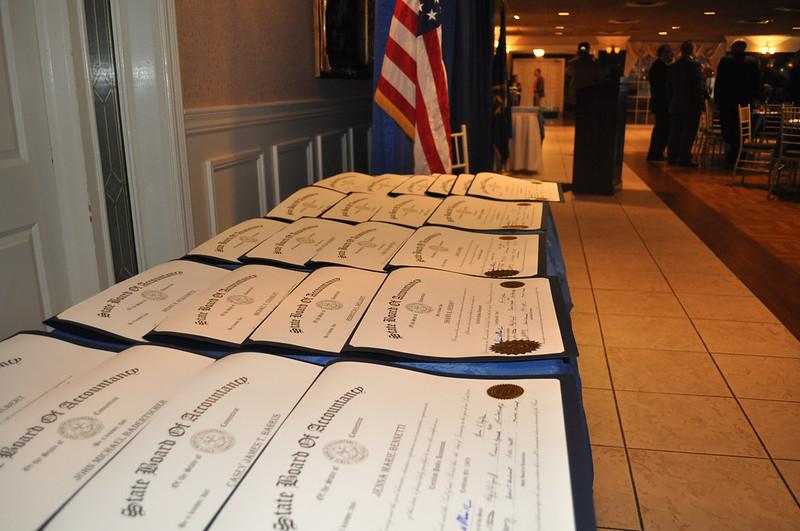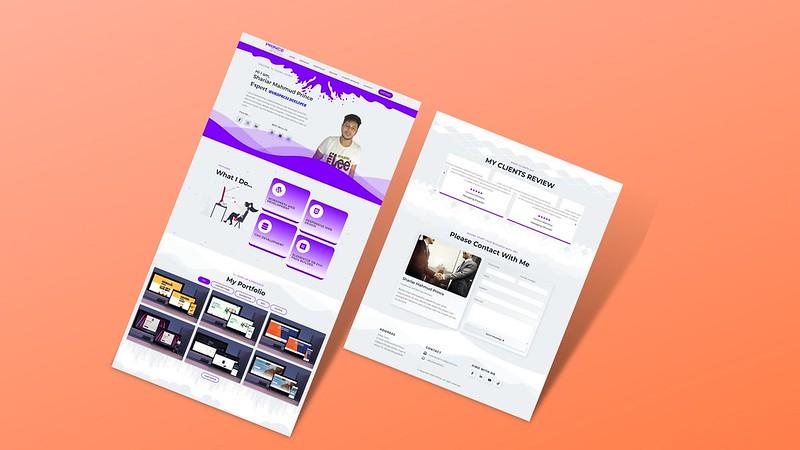If you like programming and C++ is your favorite language, C++ development is an ideal career choice as it offers attractive salary and job opportunities. If you wonder how to become a C++ developer, check out my following guides!
With many years working in this position, I can share with you how to get this job most favorably. Also, I will share the necessary skills for this job.
Who Is A C++ Developer?
A C++ developer (dev) is someone who uses a coding language called C++ to create computer programs and apps.
C++ is a language known for making software that works really well and is popular in many areas like games, operating systems, and more.
These developers are really good at knowing how C++ works and how to write code in it. They use C++’s different features to build software, like making objects or using templates.
They can design, write, test, and fix software. In other words, they can create the part of a program you see and interact with, put in special instructions for the computer, manage data, and make sure the software is safe.

How To Become A C++ Developer
To become a C++ developer, you need in-depth knowledge of the field and some related certifications. Of course, you also need a portfolio that highlights your actual projects.
I will guide you to get those in this section. Keep scrolling!
1. Get A Bachelor’s Degree
Getting a Bachelor’s degree is the first step to being a skilled C++ dev. Many firms prefer hiring people with this degree because it shows commitment and an expertise level. Your chances of earning a better salary also go up.
In college, you’ll study the basics of coding and how computers work. You’ll also learn about algorithms and data structures to organize data.
You’ll have instructors to support you during your studies. They’ll show you how to use it correctly and efficiently. You’ll do projects with other students, which teaches you teamwork and problem-solving.
When choosing a college for a Bachelor’s degree, consider the following majors:
- Information Technology
- Computer Science
- Computer Engineering
- Software Engineering
Besides, you should focus on classes that teach you C++. Learn its syntax (the rules for writing code), how to use its features, and best practices for writing clean and effective code.
If you are not eligible to participate in a formal program, here are some alternatives you can consider:
- Associate’s degree or diploma
- Coding Bootcamp
- Online courses and self-study
While these options don’t provide you with the depth of field knowledge that you would in college, you’ll still have the foundation to start this career. Yet, the process will be challenging and require more effort.
2. Work On Real-World Projects

If you want to become a C++ dev, it’s vital to work on actual projects that relate to real life to learn better and get ready for a job. The projects you finish are examples of what you can do.
Many projects involve working in teams that simulate work environments. You’ll learn to collaborate, communicate, and manage code in a group setting.
You can work on your projects during college or later (depending on your schedule). Here is my recommended process to work on personal projects:
- First, pick a project that you like and want to make. It could be a game, an app, or something useful.
- Before diving in, define its scope, features, and objectives. Design a rough structure to guide your development.
- Split your project into smaller tasks to be easier to finish step by step.
- Then, write your code based on your plan.
- Test your project as you go to make sure it’s working right.
- If you’re stuck, don’t be shy to ask others for help.
When your project is done, you should reflect on what you’ve learned and how you could improve in future projects.
3. Get Certifications

Some jobs ask for certified C++ developers, so having a certification can help you get those jobs.
Certifications from reputable organizations or institutions like C++ Institute and Microsoft can boost your credibility as a skilled C++ dev in the eyes of potential employers. Some options include:
- C++ Certified Associate Programmer (CPA): This entry-level certification validates your basic understanding of C++ programming concepts and coding skills.
- C++ Certified Professional Programmer (CPP): This certification is more advanced and demonstrates a higher level of proficiency in C++ programming.
- Unity Certified Programmer: If you’re into game development using C++ with the Unity game engine, this certification can help validate your skills in creating games.
The relevance of a certification depends on your career goals, the type of projects you’re interested in, and the skills you want to showcase.
Certifications come in various levels, from entry-level to advanced. So make sure its skill level matches your current expertise. Going for a too-advanced one might be overwhelming, while one that’s too basic might not be valuable.
Don’t forget to check how long the certification remains valid before renewing it. Some require periodic renewal to stay up-to-date.
4. Build A Portfolio

Next, you need a portfolio to prove what you can do and why you’re a choice for this C++ dev job. Besides showing your abilities, a portfolio can show how you’ve improved over time.
To build a portfolio, the first thing you need to do is gather projects you’ve done. It could be from class assignments or personal projects.
Then, pick the ones you’re proud of. They could be games, apps, or tools you’ve created. Remember to write the goals and challenges of each project.
If you worked on a project over time, show the different stages. It’s like showing a before-and-after picture. If possible, add images or videos that show your projects in action.
Regarding organization, you need to make your portfolio easy to navigate. You should have a clear layout with project names and descriptions.
When you finish, I recommend putting your portfolio on a website, a blog, or even GitHub to reach more employers.
5. Apply To Job Postings

Once you have a portfolio, you can access recruitment websites to find and apply for jobs. Glassdoor and Indeed are my recommendations. Or you can look for the Jobs section on the websites of companies you’re interested in.
If you want to work as a freelancer, you can find a job on Upwork, Freelancer, and Toptal. They connect top-tier freelance developers with clients who require high-quality work.
Whenever you find a suitable job, you need to tailor your resume and cover letter to match the job description. Remember to highlight relevant C++ skills and experiences that make you a strong candidate.
If you have a LinkedIn or GitHub, ensure it’s up-to-date and professional. Employers might look at them before considering your application.
6. Prepare For Interviews

When a company is interested in your skills, they will contact you and ask for an interview. At this point, you need to prepare well for the interview because it is the key to you entering the portal of C++ development. Here’s how to do it:
- Go over C++ basics like variables, loops, and functions. Interviewers might ask about these.
- Learn about data structures (like lists) and steps to solve problems (algorithms). Interviews often have questions about these.
- Learn about the company, its products, and its tech stack. Tailor your answers to show how your skills align with their needs.
- Be ready to talk about your projects in the past. Explain how you used C++ to make things.
- Practice solving problems on paper or a whiteboard because this is how some interviews go.
- Prepare answers for questions about teamwork and solving problems. Use the STAR idea (Situation, Task, Action, Result) to help.
- Have questions to ask the interviewer to show you’re interested.
To practice for an interview, you can ask a friend for help or use online platforms that offer mock interviews, for example, Preplaced and Pramp.
During the interview, stay calm and think through your answers. If you’re stuck, explain your thoughts. I believe you will pass the interview if you prepare well according to my guides!
7. Networking

Throughout this process, I recommend creating relationships that benefit your work, even after getting the job. Networking is not just for finding new jobs but also for making friends in your field and staying updated.
To do this, you can connect with your coworkers, go to company events, and join tech meetups. This way, you can learn and work together with others.
What does a C++ developer do?
As a C++ dev, I create software applications and systems using C++. Here’s a breakdown of what I do:
- Software development: I design, code, and test software applications using C++. I write lines of code that instruct the computer on what the program should do.
- Debugging: I find and fix errors in the code (bugs) to ensure the program runs smoothly.
- Optimization: I ensure the software works efficiently by improving code performance and reducing memory usage. So the program can run faster and use fewer resources.
- Teamwork: I work in teams with other developers, project managers, and designers. We discuss ideas, share progress, and work together to create the best software.
- Testing: I test the software thoroughly to ensure it works as intended. I try out different scenarios to identify any issues.
- Code reviews: I review other developers’ code and get my code reviewed, too.
- Documentation: I write explanations for my code.
Essential Skills
To become a successful C++ developer, besides knowledge of C++, you need other related hard and soft skills to support your work. Specifically, you need to develop the following skills:
- Coding using C++.
- Using Object-Oriented Programming (OOP) to make code organized.
- Storing and managing data, like lists and stacks.
- Using algorithms to solve problems, like sorting things in order.
- Using computer memory efficiently.
- Working with STL (Standard Template Library) in C++ for coding faster.
- Debugging and testing
- Saving and managing different versions of code.
- Writing code that works across platforms, including Windows, Linux, and macOS.
- Problem-solving
- Attention to detail
- Teamwork
- Communication
- Time management
- Creativity and flexibility
- Critical thinking
In short, a C++ dev needs skills in using the C++ language and tools (hard skills) with abilities to work well with others and solve problems (soft skills). It’s a mix of these skills that makes a C++ developer successful.
Salary and Job Opportunities
In 2023, C++ developers can make a good salary, earning around $115,953 peryear.
Their base pay is about $103,225, and they get extra pay of about $11,737. The extra pay might come from bonuses, overtime, or sharing company profits.
There are lots of job chances for C++ developers. They’re needed in different industries like software, games, finance, etc. Here are some places where you can work:
- Software companies
- Tech companies
- Game company
- Financial institutions
- Automotive industry
- Academic and research institutions
Because technology keeps growing, C++ developers are wanted. You can start in smaller jobs and later get bigger jobs with more money.
FAQs
Is It Hard To Become A C++ Developer?
Getting this job can be challenging, especially if you’re new to code. Learning C++ syntax, memory management, and advanced concepts like pointers can be tough. But with practice and the right resources, you can become proficient.
Can You Become A C++ Developer Without A Degree?
The answer is yes. Many successful developers I work with have completed online courses. In such cases, building a strong portfolio and gaining practical experience through projects are helpful.
Can I Get A Job If I Only Know C++?
Yes, you can get a job as a C++ developer with a strong focus on C++ skills. Yet, many roles might require knowledge of related technologies like databases, frameworks, or specific domains (like game development).
Conclusion
My above guide on how to become a C++ dev has given you a clear 6-step route, from earning a Bachelor’s degree to networking after getting this job.
Try to hone your knowledge and skills as soon as possible to stand out from other candidates when applying for this job.
Thank you for reading my guides!
